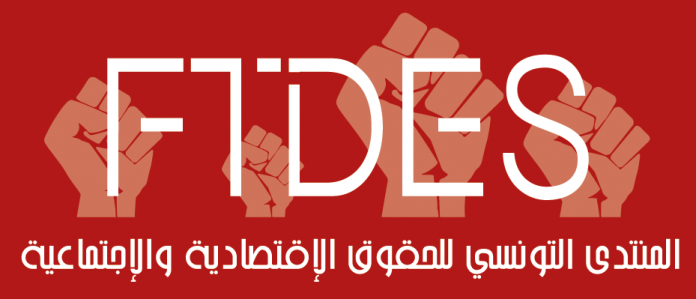World refugee day: World leaders should end discrimination and show more solidarity towards asylum seekers, refugees and migrants
Joint Statement, 19 June 2020
As the world is celebrating the Refugee Day, the members of the Migration and Torture working group in Africa call on world leaders who are currently progressively reopening their countries’ borders, following a very severe pandemic, to learn lessons from our collective fragility and understand the need to show solidarity with and provide protection to the most vulnerable groups including asylum seekers, refugees and migrants.
Many countries are recovering from the sanitary crisis that is still affecting the world. COVID-19 has infected more than 8 242 998 persons and killed another 445 535. Migrants, asylum seekers and refugees have been among the most affected groups as they risk a higher exposition to the virus or higher levels of discrimination in their host countries.
End discrimination and ill treatment
As the pandemic has forced world leaders to close their borders, migrants have been victims of discrimination and ill treatments at borders or left in immigration detention facilities without appropriate protection. Indeed, our organizations have received testimonies and alerts on the stigmatizing, discriminatory, inhuman and degrading treatment experienced by migrants at the early stage of the pandemic. Migrants have been forcefully tested and quarantined and deprived to access basic services. Several migrant workers have been evicted from hotels and apartments, denied access to shopping malls, shops, restaurants and imposed tougher quarantine measures. Testimonies reveal many migrants who are homeless and deprived of food because of coercive and discriminatory policies targeting them particularly.
Refugees: overcrowded camps, legal studies and access to basic needs
Forced migrants and internal displaced persons living in shelters, shared accommodation and overcrowded housing with shared kitchens and toilets were unable to self-isolate and respect social distancing. The limitation in resources and priorities of many countries has left overcrowded refugee camps without appropriate facilities to avoid health risks and anxiety about contracting the virus. Refugees in some countries have started strike to obtain adequate financial support.
In many countries’ immigration services are still closed, increasing therefore the vulnerability of undocumented migrants, who are anxious about their legal status. Many refugees or migrants cannot seek medical help and are fearful of health charges or being returned to their countries of origin that most of the time they have forcibly fled.
In addition, the isolation imposed by restrictive measures has exacerbated the already vulnerable mental health and psychosocial wellbeing of refugees and migrants. Most migrants and refugee women are still exposed to sexual violence and some survivors of SGBV don’t have access to the appropriate gender sensitive service.
A call for solidarity during covid19 and beyond: time to learn lessons
If the pandemic has stopped global movements for a while, the reopening of borders should give a specific attention to those who have lived without care and who need solidarity and protection. The pandemic has shown a collective socio-economic fragility, that can only be address collectively.
The Migration and torture working group in Africa is concerned about the inevitable social and economic crisis that could have a negative effect on the most vulnerable groups and call for:
- Immigration services to extend document validity to allow refugees, and asylum seekers to benefit for social measures taken for the rest of the population.
- Security forces at borders to treat with dignity asylum seekers and migrants
- Social protection entities to provide basic safety nets for all forced migrant populations regardless of legal status;
- Governments to ensure access to health care for refugees, asylum seekers and migrants and; revoke all medical charges during the covi-19 period
- Governments to ensure availability of masks and emergency accommodation and safe shelter for those leaving in overcrowded camps or those homeless.
- Governments to ensure that migrants and refugees have access to mental health services to manage the effects of isolation and quarantine which have exacerbated gender-based violence.
Signatories :
- DIEYE AminataOrganisation Mondiale Contre la Torture (OMCT)
- OYAMTA BALDALLigue Tchadienne DH (réseau) /Tchad
- ALAA TALBIForum Tunisien pour les Droits Économiques et Sociaux (FTDES) /Tunisie
- MWANGI KEVINIndependent Medico-Legal Unit (IMLU) /Kenya
- ESTHER NABWIREAfrican Centre for Treatment and Rehabilitation of Torture Victims / Uganda
- ELMEHDI AG WAKINAAssociation Malienne pour la Survie au Sahel (AMSS) /Mali
- BADAMASSI YAHAYA Alternative Espaces Citoyens/ Niger
- MOUSAPHA KEBERéseau Migration développement (REMIDEV) / Sénégal
- MOHAMMED BADAWIAfrica Centre for Justice and Peace Studies (ACJPS) /Soudan
- MAITE PAREJO SOUSAAsociación Pro Derechos Humanos de España (APDHE)/Spain
- SUSANNA MARIETTI Antigone/Italy

 Français
Français العربية
العربية





